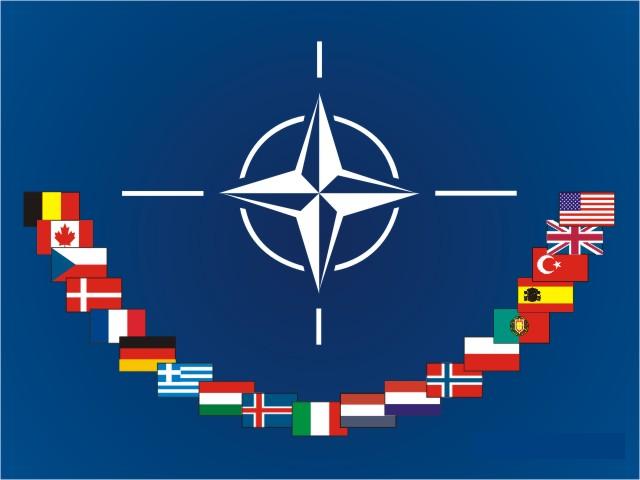Since officially being announced in March, 2014, the Ebola outbreak in West Africa has claimed over 1,200 lives. After first being discovered in Guinea, the virus has thus far spread to Sierra Leone, Liberia, and Nigeria. In light of the current outbreak, vulnerable states in the region are scrambling to limit their exposure to the virus and prevent Ebola from spreading to their own country. As a result of the severity and geographical reach of the current outbreak, the WHO declared the outbreak to be an international health emergency that required a coordinated international response to curb the crisis. As of today, the virus continues to ravage West Africa, despite the best efforts of medical professionals on the ground to contain the crisis.
As Kyle Chatterson notes in his recent NCC article on the Ebola crisis, the media has covered the crisis extensively, and has often crossed the line from informative to sensationalist. In light of this, the following infographic seeks to provide a simple, fact-based, visual guide to the Ebola virus and the gravity of the current crisis.





